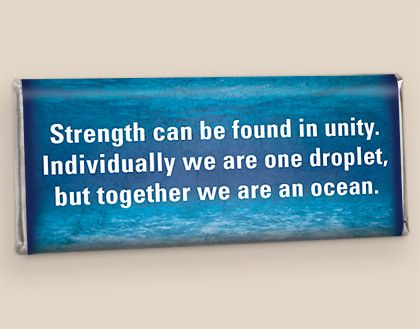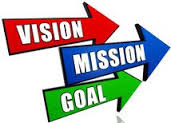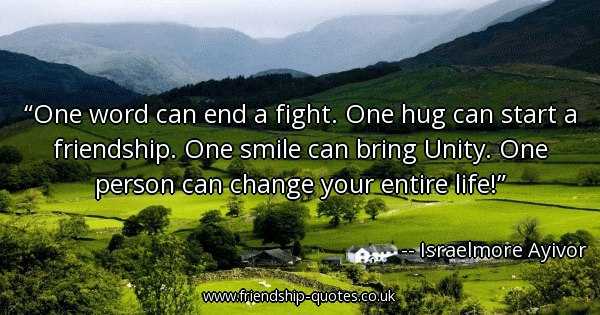Unity defined

CULTURAL UNITY vs. CULTURAL DIVERSITY
With its emphasis on strength through variety, cultural diversity has been widely sought and celebrated in the United States in recent years. Awareness of different cultural norms, sensitivity to the needs and concerns of people unlike ourselves, and a focus on inter-cultural cooperation are all ideals sought through an emphasis on diversity. The ideals of cultural diversity are pursued on the Campbellsville University campus through programs to attract and assist international and other minority students, courses and other learning opportunities which emphasize the contributions of various cultures, and commitments to employ faculty from a variety of backgrounds. Cultural diversity is particularly valued within the context of the Honors Program.
Yet cultural unity is also vital to our nation, University, and Honors Program. It is important for the people of the United States to develop and retain the ability to communicate with one another. The existence of national broadcast networks, national periodicals, national organizations, and a national government all rely on the existence of a national culture that somehow unifies the population in its experiences, goals, beliefs, mythologies, language--its common knowledge. Without a significant degree of cultural unity the United States (or any other nation) would experience the agony of dissolution and conflict currently seen in the territories of the former Yugoslavia. Also keep an eye on Canada, where cultural disunity threatens to split the nation.
Culture: "The integrated pattern of human knowledge, belief, and behavior that depends upon man's capacity for learning and transmitting knowledge to succeeding generations; the customary beliefs, social forms, and material traits of a racial, religious, or social group."Webster's Ninth New Collegiate Dictionary, 1990.
Culture has become a "loaded" word. To some people it is associated with snobbery, as though somehow there is more culture at the ballet than at the race track. And as a matter of fact, one definition of culture refers to "enlightenment and excellence of taste acquired by intellectual and aesthetic training." When some people refer to "culture" they have a very exclusive Western European classical concept. I will avoid these meanings, and will focus instead on the definition given in the paragraph above.
Each person is a participant in a number of different cultures. In this sense we are all multi-cultural creatures. I believe that there are seven basic levels of culture, as indicated below:
Level 1: Each individual has a personal culture--a unique pattern of knowledge, belief, and behavior.
Level 2: Next comes family culture--ways of doing or saying things that are not shared outside the household.
Level 3: A neighborhood or community culture is unique to a specific location--for example, a kid who has "street smarts" and knows all the newest slang in Chicago may be completely lost when he is dropped on the streets of New York.
Level 4: A regional culture can include a language dialect, lifestyle norms, political tendencies, etc.
Level 5: A culture that centers around a religious, ethnic, or racial group may cross regional or even national boundaries.
Level 6: A national culture sometimes represents a broad-ranging composite of the numerous cultures that contribute to it; sometimes it represents an agreed-upon standard for inter-cultural discourse.
Level 7: International culture involves an understanding of multiple languages, cultures, religions, etc.
A broad cultural education involves mature understanding of a person's cultures at all seven levels, with each level adding to, not replacing, the other levels. Mastery of the seven different levels of culture is usually accomplished concurrently rather than in a linear fashion.
A culture is fluid and ever-changing. Cultures are constantly evolving and influencing each other. Elements from the past are continually being combined and recombined with new elements from the present. A culture is something to be participated in rather than something imposed from above. If you intend to play an active role in your region, then you must come to a firm understanding of the regional culture. There may be aspects of that culture that you do not like and wish to change, but the only way to accomplish that is to understand the regional culture, work in its context, and change it from within.
In my opinion the emphasis on cultural diversity in recent years has led to an inappropriate de-emphasis on cultural unity. We have neglected to balance the two. We must avoid cultural suicide. Multi-culturalism should not prompt us to discard our own culture and replace it with pieces of everyone else's culture. We should, instead, work to understand our own culture thoroughly, because only then can we truly accept, understand, and appreciate other cultures adequately.
I challenge you during this coming year to seek out cultural diversity: "What can I do to be more sensitive to people who are not like me?" I furthermore challenge you to seek out cultural unity: "What can I do to better understand my national culture, its foundations in history, and the common knowledge that unifies that culture?" Each of us must find a way to balance cultural diversity and cultural unity in our lives. I challenge you to begin to find that way if you have not done so.


| 

















